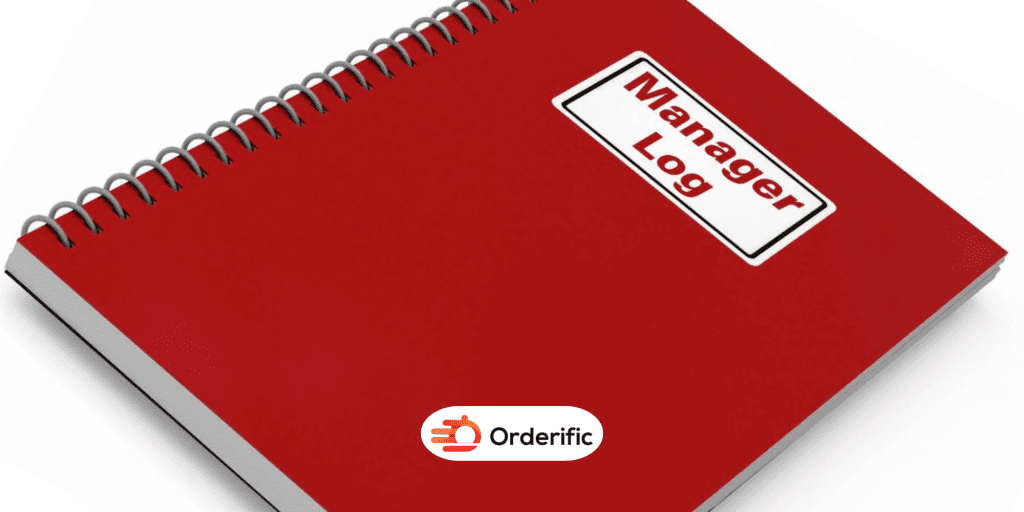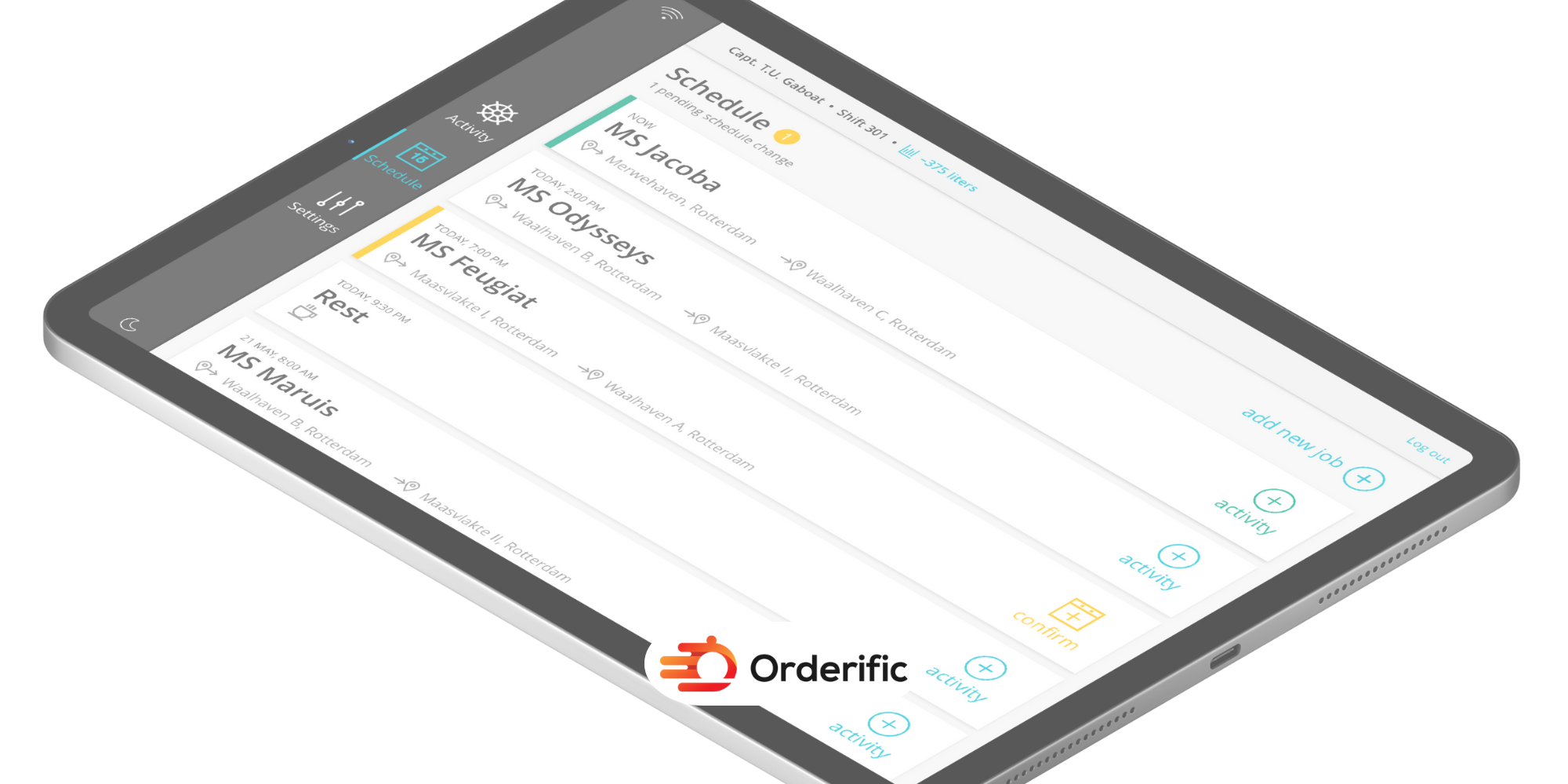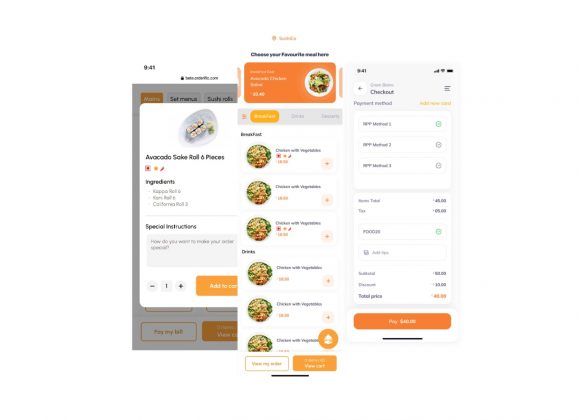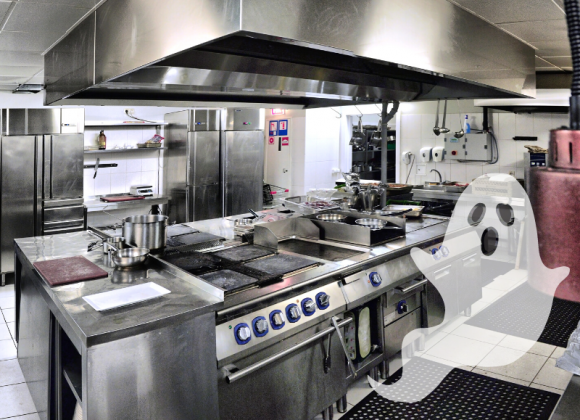A log book is an essential tool for any restaurant. A paper log book or electronic log book can help keep all staff members on the same page, ensure that nothing slips through the cracks, and promote communication between other departments. With a good logging system in place, restaurants can save time and money while improving customer service.
Log books have been around since the invention of pen and paper. They are used to record information, such as meeting detail, official record, business regulation, and more. In restaurants, a log book is even more critical because it can help streamline operations and ensure that everyone is on the same page when it comes to food safety, customer service, and sanitation regulations.
What is a Log Book?
A log book is a comprehensive record of activities in the restaurant. It can include things like daily tasks, customer service notes, equipment maintenance records, and more with logbook entries. It can be used to track employee performance or to review changes that have been made to the menu and recipes.
Log books are an invaluable tool for restaurants because they provide a comprehensive overview of the goings-on in the restaurant. They can be used to track customer feedback, look for trends in customer behavior, and note which areas need improvement. A log book can also help with forecasting future needs and ensuring that all staff members are on the same page.

The Benefits of Keeping a Log Book
Keeping a log book in your restaurant can offer numerous benefits. Here are some of the key advantages:
Improved Communication Between Staff
A log book can help keep everyone on the same page. This is especially useful if you have multiple shift and different staff members working in different areas of the restaurant. By having all notes in one place, it’s easier for your staff to stay informed and up-to-date with hos rules.
Better Organization and Efficiency
By having a log book in your restaurant, it’s easier to stay organized and efficient. Everyone can refer to the log book for instructions and tasks, which helps reduce errors and save time.
Increased Accountability and Record-Keeping
A log book helps ensure that everyone is held accountable for their actions. It also serves as a record-keeping tool, making it easier to look back and track progress over time.
The Types of Information to Record in a Log Book
Now that you understand the importance of a log book, it’s time to consider what type of information should be included. Here are some key categories:
Reservations and Seating
Logging reservations and seating arrangements is a great way to keep track of customers. You can also use the log book to record any special requests or notes about how the table should be set up.
Inventory and Ordering
Having a log book can also help you keep track of inventory. This is especially important for restaurants, as it’s essential to keep a healthy balance between having too much or too little food on hand at one time.
Maintenance and Repairs
A log book is also a great way to keep track of maintenance and repairs. You can record all work done, as well as any problems that might arise. This helps you stay on top of all repairs and ensures that your restaurant stays in peak condition.
How to Implement a Log Book System
Implementing a log book system in your restaurant is relatively easy. Here are some tips for getting started:
Choose the Right Format
The first step is to decide whether you want a paper or electronic log book. Paper logs are best for restaurants with fewer staff members, while electronic logs provide more flexibility and can be easily accessed by multiple users.
Train Your Staff
Once you’ve chosen a format, it’s important to train your staff on how to use the log book correctly. Make sure everyone is familiar with the different categories and understands what type of information should be recorded in each section.
Make Logging Accessible
Finally, make sure your log book is easily accessible to all staff members. If you’re using a paper logbook, consider having multiple copies available in different areas of the restaurant. For electronic logs, make sure everyone has access to the system and knows how to use it correctly.

Examples of Successful Log Book Systems
Many restaurants have successfully implemented logbook systems in their establishments. Here are some examples of successful implementations:
- Jotform: “Jotform” is an electronic logbook form builder that allows restaurants to create custom logbooks. The forms can be used to record customer information, reservations, notes on food orders, and more.
- eRIS-LOG: “eRIS-LOG” is a restaurant management system that provides an easy-to-use logbook. The software allows restaurants to track orders, reservations, customer feedback, and more.
- eLogger: “eLogger” is a mobile app that can be used to create custom log books. It allows restaurants to track orders, reservations, customer feedback, and more.
Conclusion
A log book is an essential tool for any restaurant. By keeping a comprehensive record of daily activities, restaurants can save time and money while improving customer service. Log books are also invaluable for tracking employee performance, looking for trends in customer behavior, and noting which areas need improvement.
Implementing a logbook system requires choosing the right format, training your staff on how to use it, and making sure the logbook is easily accessible. Examples of successful logbook systems include Jotform, eRIS-LOG, and eLogger. With a good logging system in place, restaurants can ensure that everyone is on the same page and nothing slips through the cracks.
For more informative journeys with Orderific, continue here. For the benefits we can bring to your business, check out the Orderific experience here. Try Orderific today!
FAQs
What is a log book in a restaurant?
A log book in a restaurant is a comprehensive record of activities and information.
What types of information are typically recorded in a log book?
Types of information typically recorded in a log book include reservations and seating, inventory and ordering, etc.
How does a log book improve communication and organization in a restaurant?
A log book can help keep everyone on the same page and ensure that nothing slips through the cracks.
What are the benefits of using a log book in a restaurant?
The benefits of using a log book in a restaurant include improved communication between staff, better organization and efficiency, increased accountability, and record-keeping.
How do you implement a log book system in a restaurant?
You will need to choose the right format (paper or electronic), train your staff on how to use it, and make sure the logbook is easily accessible.
What are some common challenges with using a log book in a restaurant?
Using a log book in a restaurant includes making sure all staff members understand how to use it, ensuring the accuracy of information entered, and keeping it updated regularly.













